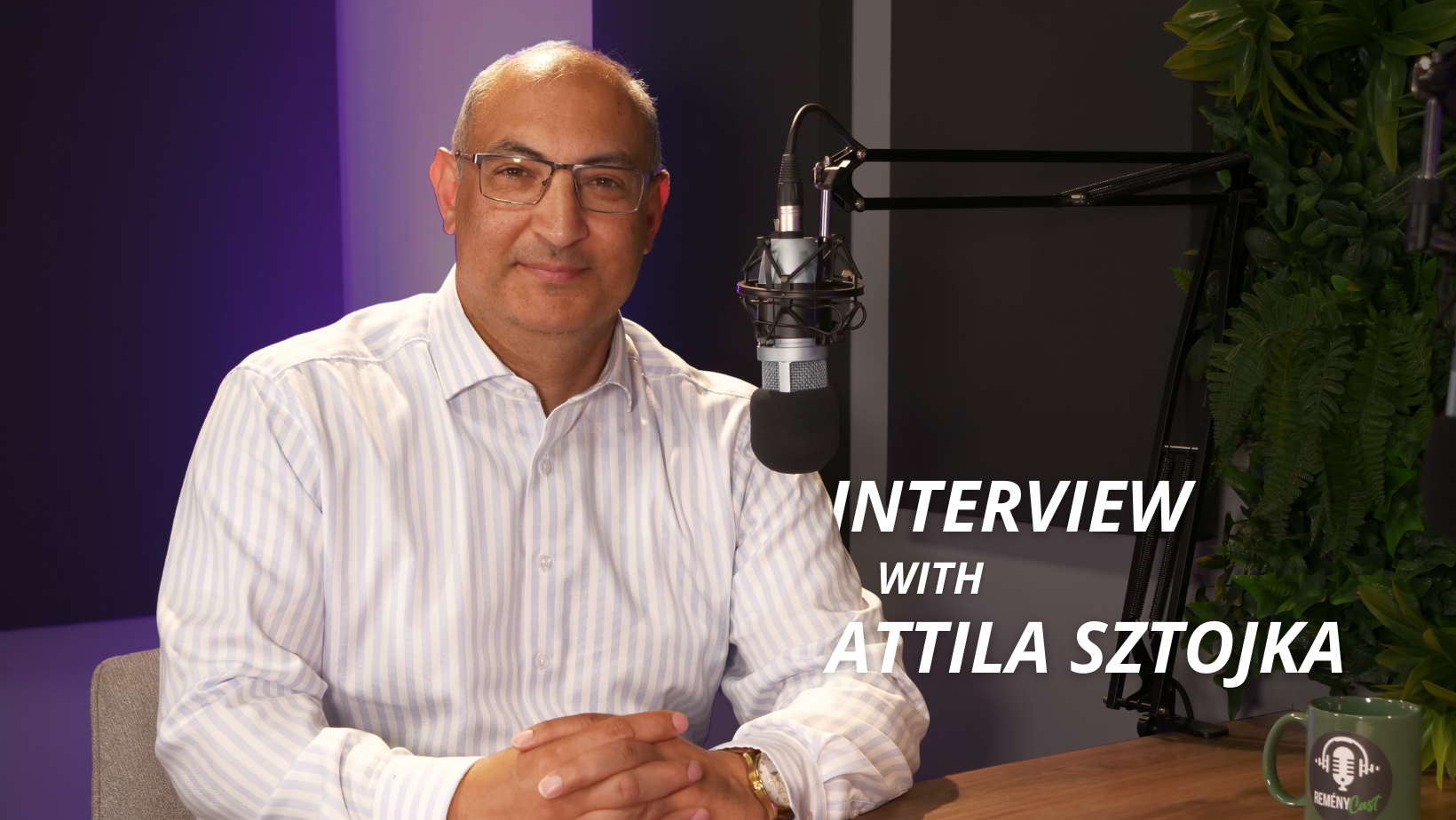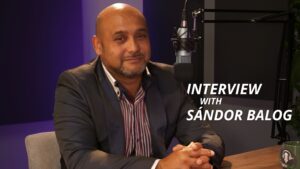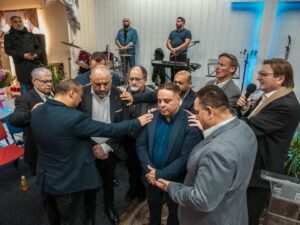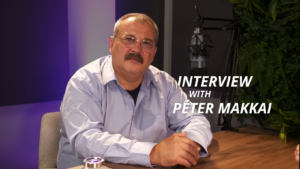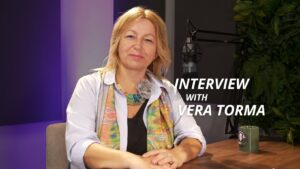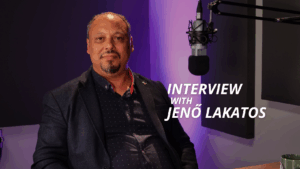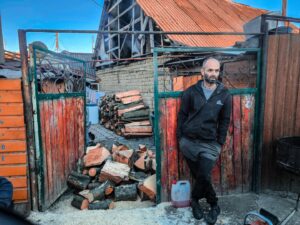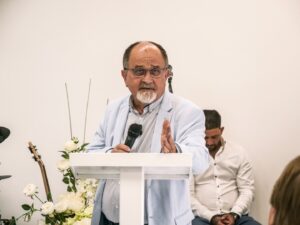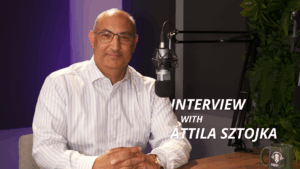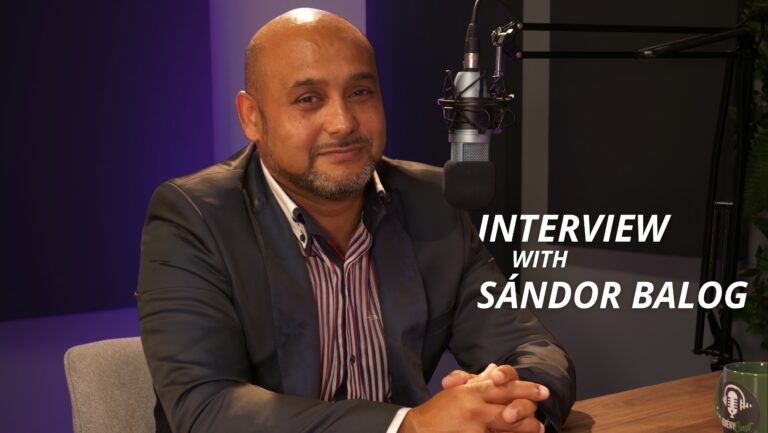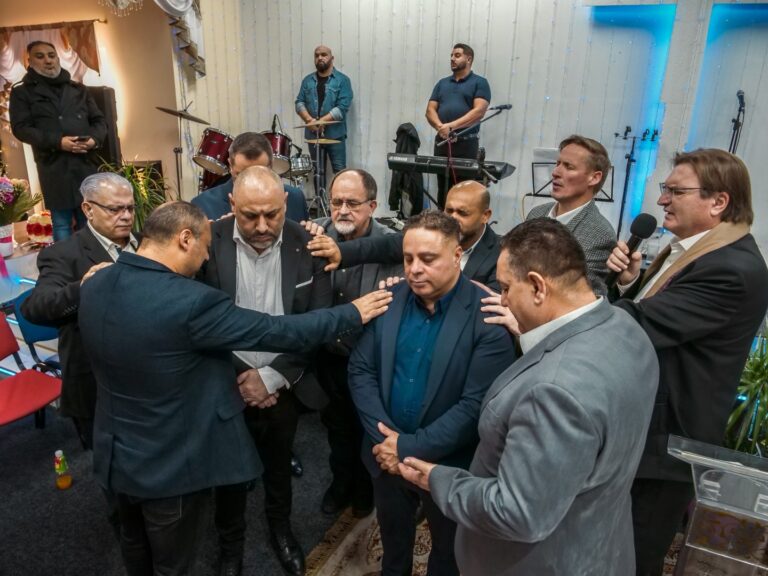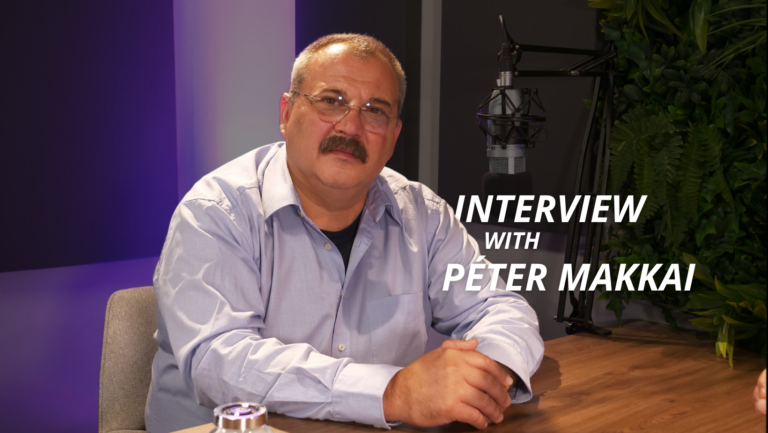As a government commissioner and public figure, Attila Sztojka is working to shape Hungary’s future alongside both Roma and non-Roma citizens. In cooperation with the Hungarian Gypsy Missions International, he participated in a special initiative: the construction of a church in “Delhi,” the largest Roma settlement in Mezőberény. In addition to delivering a speech at the dedication, he also shared what this church represents for the community and society at large.
What was it like to take part in the dedication of the church in the Roma settlement in Mezőberény?
Attending a church dedication is a rare experience in anyone’s life. In Hungary, Christianity has a history spanning over a thousand years, and most communities already have established places of worship. The construction of a new church is always extraordinary—but in Mezőberény, it was even more so. This house of prayer was built in the heart of the “Delhi” settlement. It is more than a building; it is a symbol—a sacred space for seeking God, nurturing spiritual life, and offering hope to the local community. I’ve participated in numerous inaugurations—of roads, housing, factories—but this was entirely different. It wasn’t just about a physical structure; it was about giving a community a dignified space to practice their faith.
Has a church ever been built in a Roma settlement before?
No, this is truly rare—an exceptional event. It was a deeply meaningful experience for me personally, as I believe it’s vital to create more places where people can encounter God. The church in Mezőberény now stands as such a place of faith and is of exceptional importance.
When did you first feel called to Roma social inclusion as a vocation?
It was a gradual process, not a single moment. After high school in 1998, I became involved in advocacy work. From that point on, it became clear to me that I needed to dedicate my life to creating opportunities for disadvantaged people, including Roma. From 1998 to 2011, I worked in the field as the leader of a civil organization and later a nonprofit. Since 2011, I’ve continued this work in government, initially as a department head.
What led you to dedicate your life to Roma inclusion?
As a child, I didn’t set out with this goal in mind—I simply did the work in front of me. In hindsight, I can see that God was guiding my path, and I became His instrument. This trust—from both God and the people—also comes with great responsibility.
What were the greatest challenges on this path, and how did you overcome them?
Personal hardships were the most difficult—for instance, serving the community while raising a sick child. This taught me humility and deepened my faith. Another challenge was investing years into planning programs that didn’t come to fruition immediately. I had to learn that success is not always the point—timing is. What wasn’t possible at one time often became viable later.
How do you balance your public role with your responsibilities as a father?
Family support is essential for me. My wife, sons, siblings, and mother all understand the dual responsibility I carry—as a father and as a public representative. We prioritize quality time over quantity, which allows me to be present with them in meaningful ways, even amid demanding responsibilities.
Faith clearly plays a major role in Roma communities. Why is that?
The Roma live emotionally rich lives, and faith is deeply woven into their daily experience. God appears in their language, their greetings, and their worldview. Despite starting from significant disadvantage and facing many struggles, they do not lose sight of their goals. Their deep spirituality gives them strength, resilience, and hope for a better future.
How can the new church in Mezőberény support Roma and non-Roma coexistence?
Before God, there is no distinction between Roma and non-Roma. Roma are an integral part of the Hungarian community, with a dual identity and a rich culture that enriches the nation. The church provides a shared space where people of all backgrounds can live out their faith together. This shared spiritual foundation fosters unity and cooperation in overcoming challenges.
What can we do to eliminate prejudice against Roma?
I focus more on fighting generalizations than prejudice itself. Prejudice becomes dangerous when it’s projected onto an entire group. If we look at people as individuals—recognizing that there are both good and bad in every community—prejudice begins to dissolve. The key is breaking down harmful generalizations by highlighting individual worth.
Was there an experience that strengthened your commitment to Roma values?
I witness Roma values every day, and I’m proud of them. Seeing young Roma excel in music, sports, or academics inspires me to continue this work. Even something as simple as a kindergarten graduation holds deep meaning for these families, showing how much they value joy and life’s important moments. These experiences reinforce my resolve to support Roma communities.
What does being Roma mean in your family, and what values have you gained from it?
In our home, we live out our dual identity—Roma and Hungarian. My wife is not Roma, but she respects and embraces Roma culture, which helps our children grow up proud of both heritages. When my son is called a “gypsy” as an insult, I teach him to see it not as shameful but as a point of pride. We live our culture and faith naturally, and that gives our children the confidence and strength to confront and rise above prejudice.
How can Roma communities be supported in achieving social advancement, including in places like Mezőberény?
I prefer to talk about creating opportunities rather than integration. Everyone should have access to social and economic resources. Those who start with less need more support—not by taking from others, but by empowering them through personal engagement, support networks, and systems. That’s how we create true opportunity.
Is there a realistic chance that life prospects for Roma will continue to improve?
Absolutely. Our goal is for everyone in Hungary to have equal life opportunities, regardless of where they live. Ending segregation starts by empowering people to make their own choices about where and how they live. Over the past decade, Roma civic advancement has been remarkable: the number of Roma with high school and university degrees has doubled, and many have climbed two or three levels in social mobility. Today, hundreds of young Roma professionals are contributing across society. If we continue this progress, educational attainment and social equality will significantly improve in the next ten years.
How do you handle political attacks and smear campaigns?
I don’t see measures that serve the Hungarian people’s well-being as political. We can’t let political mudslinging distract from essential responsibilities. Over the past year, divisive rhetoric has increased, but we must firmly resist this and make it clear that such behavior is not acceptable—whether in political or non-political settings.
How did your relationship with the Hungarian Gypsy Missions International begin, and what future do you see for it?
Our relationship began at the Roma Coordination Council, when I was a department head. That’s where I met Albert Durkó, the president of HGMI. I took an interest in their work because my role involved monitoring civil organizations. What impressed me was that the mission wasn’t just talking about helping disadvantaged people—they were present in their lives, offering real support.
The results of the past decade speak for themselves: the mission has provided employment, hope, and helped ignite a revival in the faith lives of many Roma. That’s why I support the mission and its continued expansion. If we sustain and grow their work, we’ll not only improve the lives of Roma communities but set a powerful example for society as a whole. Their results, daily efforts, and life-changing impact on families prove that this work is vital and sustainable.
Is there a Bible verse or message you’d like to share, and what do you hope to see in Mezőberény ten years from now?
I believe in revealing God’s work for His glory. Ten years from now, I hope to see a community filled with love for God—a love that radiates in their everyday lives.



